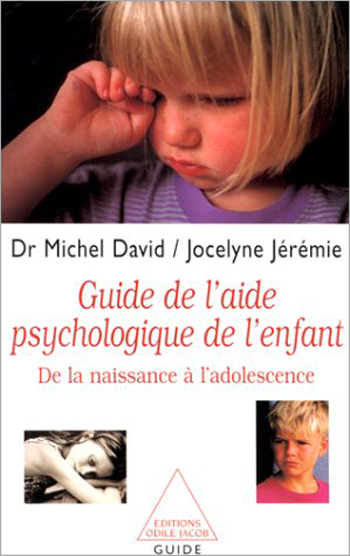Psychology All books
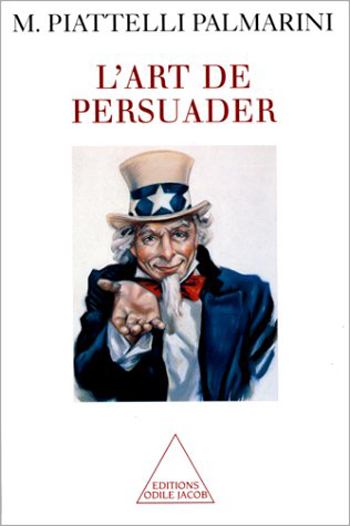
Massimo Piattelli Palmarini
The Art of Persuasion
In love as in politics, in history as in everyday life knowing how to persuade people is a valuable skill. How can one person convince another to renounce his or her opinion, freely and willingly, without appealing to authority, pity or trust? What essential rules must one follow, and what psychological motives must one play on in order to produce this effect ? Using the most recent discoveries in psychology and reasoning as a starting point Massimo Piattelli Palmarini show us how to anticipate the motivation and mental paths of others and so to be even more persuasive. Massimo Piattelli Palmarini is the head of the Department of Cognitive Sciences at the Instituto San Raffaele, in Milan.
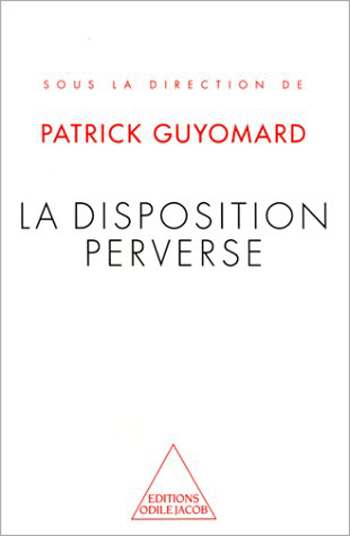
Patrick Guyomard
The Tendency for Polymorphe Perverse Behaviour
It is the child that Freud predominantly identifies as polymorphe perverse in his Three Essays on Sexual Theory, but he recognised that it is in fact a universally human and original trait. Certainly, clinical experience suggests that this characteristic is not solely reserved for children. It is evident in each psychoanalytical treatment as common to all mankind. It is also found in science and in politics. If the tendency for polymorphe perverse behaviour is a universally human trait, everyone who has human thought patterns is affected. It is for this reason that this book gathers together reflections from psychoanalysts, clinicians specialising in both adults and children, scientists, anthropologists, and historians in order to revaluate the perversion and give a new perspective on the controversies it can trigger. Organised by the Freudian Psychoanalyst Society.
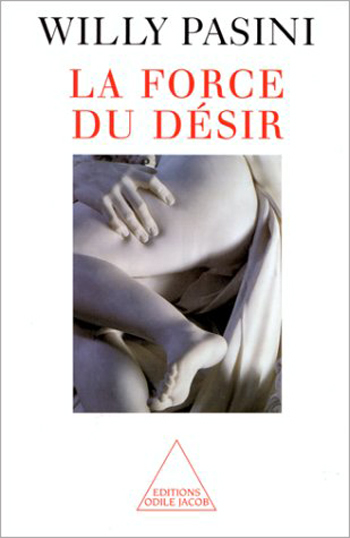
Willy Pasini
The Strength of Desire
Progress now being made in the neorosciences may soon enable scientists to better define human erogenous zones and to understand the workings of love-making. But will this guarantee that everyone will have access to desire and pleasure? Will the various forms of virtual or long-distance eroticism continue to develop, at the expense of closeness and intimacy? What is the future of sexuality, in the couple and society? Professor Willy Pasini explores the universe of desire, as we know it today and as it may develop. Willy Pasini is a psychotherapist and professor of psychiatry at the University of Geneva.
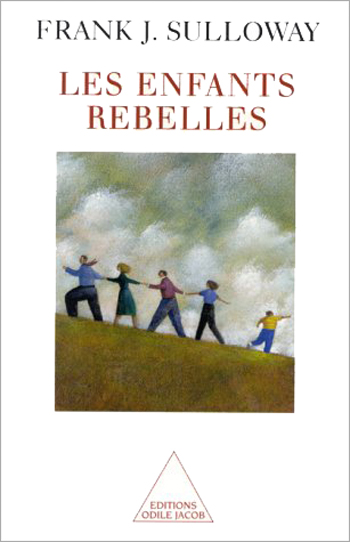
Frank L. Sulloway
Born to Rebel
The author sets out to explain why children from the same family can be as unlike one another as children from different families. Why is it that some siblings within a family accept parental authority and others rebel? What led scientific innovators such as Copernicus and Charles Darwin to reject the accepted wisdom of their time and adopt a radically new world view? In Born to Rebel, which was highly acclaimed when it was published in the United States, Frank J. Sulloway compares families to ecosystems in which siblings must find their own specific niches when competing for parental attention and favours. Frank J. Sulloway is a neuroscientist at the Massachusetts Institute of Technology.
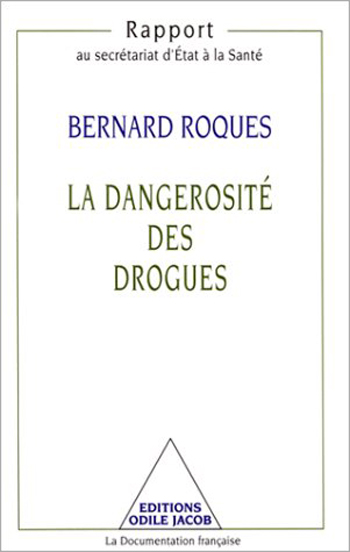
Bernard Roques
The Danger of Drugs
This book is the result of a study on drugs carried out by Bernard Roques at the request of the French Secretary of State for Health, Bernard Kouchner. The author has reviewed and summarised a large body of information from all over the world, so this is a thorough, detailed scientific examination of what is known today of the potential dangers, particularly for the brain, of toxic and psychotropic drugs including alcohol and tobacco which are often associated with the consumption of other drugs. Roques study will doubtless play a major role in public health discussions and decisions, particularly in the fight against alcoholism and nicotine addiction. Bernard Roques is a member of the French Académie des Sciences.


